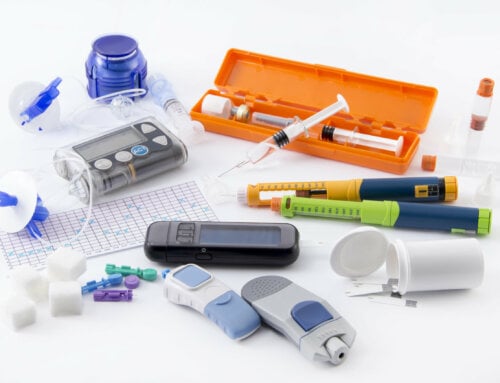Here’s a paradigm shift: Welcome stress. It’s a life force to be handled with optimism and planning. The antidote to stress often begins with the mind, but for now, let’s begin with the body.
Exercise should not be a “four letter” word. There are so many benefits to exercise: physical and psychological stress relief, raising metabolism, lowering blood sugar, enhancing mood and improving body image. Besides, if you move, you LOSE (weight) and WIN!
As the weather gets nicer, you’ll be inspired to get out and get active. Now is a great time to make a commitment to yourself that lasts for years to come.
If the famous saying “just do it” doesn’t work for you, here are some additional ideas to get the good habits started. It only takes 21 days to get into a habit, so if you start today, the countdown to less stress begins today!
- Do something physical at the same time every day, or every day that you exercise. Making it a ritual or a routine activity makes it easier to stick with it.
- Do it with a friend. You and your friend will motivate one another and you’ll feel good helping another person. Plus, it gives you social support, which is an excellent for stress management.
- Pair it with good conversation, good music, or watching a movie. Before you know it, you’ll be finished and feeling good!
- Tell people about your commitment. By announcing your goals out loud to your supporters, it makes it more real to you and adds an additional incentive to follow through with your goals.
- Use the 15 minute rule. Just do it that long. Feel free to quit after that if it is not pleasing you. (That’s how confident I am that you will like the improved mood and want to continue beyond 15 minutes!) Do something you really enjoy doing vs. something that you do not enjoy doing, and it won’t seem like exercise at all. But if it does end up feeling like exercise, then enjoy knowing how good you are being to yourself.
- Start it now. Don’t procrastinate.*
- Visualize how you will feel after exercise: satisfied, sweating and less stressed. You will also be happy after seeing your blood sugars go down for the rest of the day because you will probably eat less. Exercise has an effect on lowering blood sugars and increasing metabolism for hours afterwards.
- Enjoy the competition with yourself and beating your previous records. Focus on improving every day.
- Plan ahead for rewards. Rewards should not be food but instead a personal treat. Even just acknowledging that you are proud of yourself can be of great benefit. Visualize people you know complimenting you. Give yourself concrete rewards. How about getting a back rub, buying that outfit you’ve had your eye on, going to a baseball game, or taking a trip to the movies?
- Find a mentor, role model or buddy who “walks” you through it.
- Keep your sneakers, golf clubs, gym bag, or tennis racket in your car – and don’t be afraid to sweat in your “good” clothes if necessary.
- Realize that you DO have time to exercise. Don’t feel like you have enough time? Try these workarounds: sleep 15 minutes less a day, take shorter showers to save water, or get someone else to do the dishes or other household chores.
- And remember, as the old saying goes: “A journey of a thousand miles begins with a single step.” So instead of taking those steps towards the refrigerator, step back away from it – with a smile on your face.
- Here’s a quick joke: “My wife exercises everyday… she jumps to conclusions.” Don’t forget the humor – laughing burns calories AND lowers your stress.
*The disclaimer is that you need the medical OK from your doctor, but don’t make excuses!






Leave A Comment